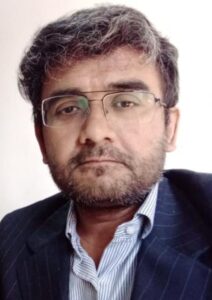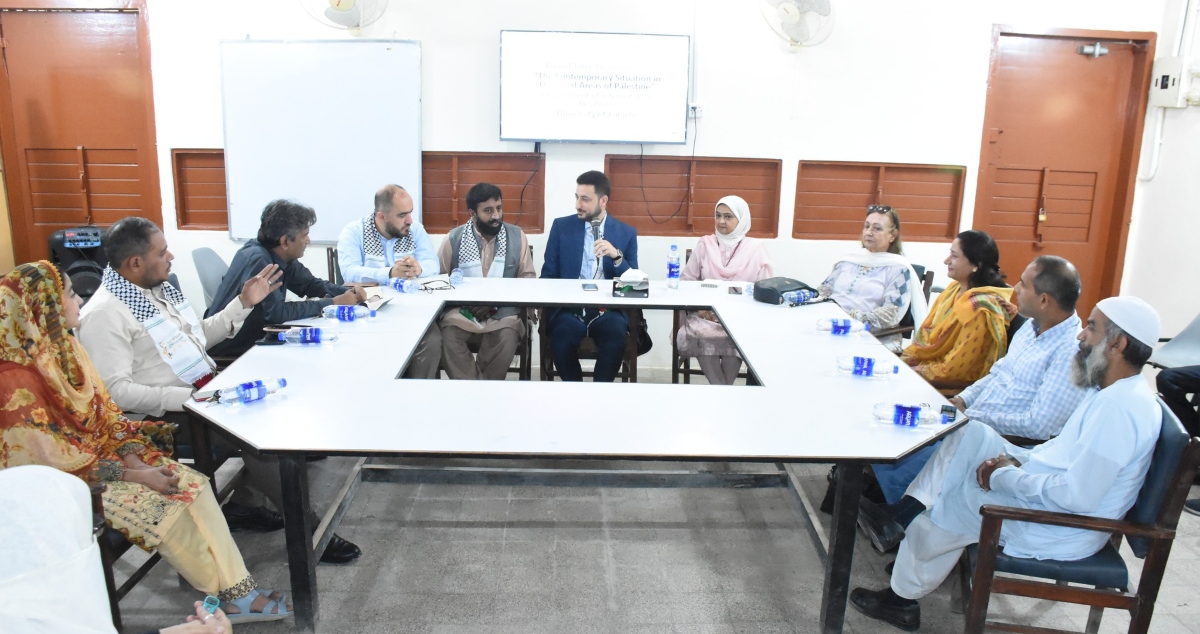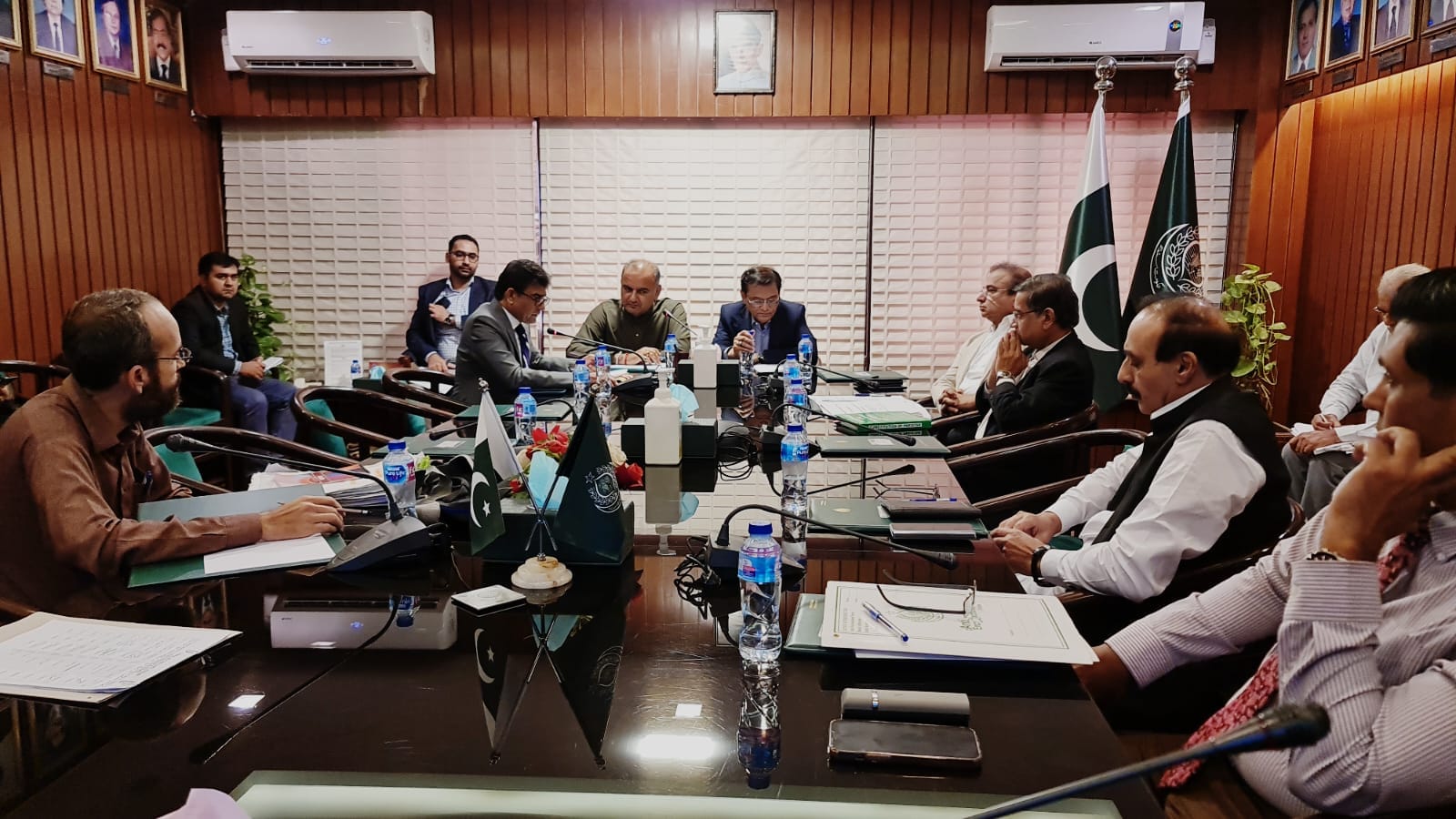

Wajdan Raza
It was a nice event at a Karachi’s public institution hosting a two-day training session for the democratic requirements for the public vote and support on 8 February 2024.
Although the central institutionalization of the system of Quaid’s Muslim federation is pretty compatible because of Islamabad’s nominalization of the concept in concrete modern correction of the religion and its people, the Election Commission of Pakistan (ECP) needs to view it democratically true. For example, the polling station’s capability of catering to a set of 2,500 visitors as human voters from 8:00 to 17:00 is unjustified as every average voter may take five minutes to spend in the room even if it has three to four other units.
Secondly, the city of Karachi has many races, attitudes and daily practices going against the clock in and out routine.
Thirdly, the crippling city’s government’s support for the largest Muslim population seems to have resulted into a bad idea for the electoral system.
Is there any way to the mass projection of human population as baby boom and environmental pollution as sick at the heart as two indicators of the conceived and publicly dubbed term ‘corruption’? Can any political agency help do so? Classroom teachers’, scientists’ and medical practitioners’ political canvass seems to have failed to deliver here.
Meanwhile, according to the website of Karachi University (KU) today: The KU is the biggest university in the country. It comprises eight faculties with which all the colleges of the city are affiliated. B.S., M.S., M.Phil. and Ph.D. classes under five of these faculties Arts, Science, Pharmacy, Management and Administrative Science and Islamic Learning are conducted on the campus, while under the Faculties of Medicine, law and Education it examines the students admitted to their affiliated colleges. Research programmers leading to M.Phil and Ph.D Degree are offered under all the faculties.
Science: The Science Faculty which consists of 23 departments and five research Institutes can be said to be the biggest scientific centre in the country. The Research Institutes include the HEJ Research Institute of Chemistry, which is world renowned and has also been designated World Academy of Science. It is the prime research institute of the country and has high level research faculties for chemical science particularly Natural Product Chemistry.
Other Institutes are Dr. Panjwani Centre for Molecular Medicines and Drug Research, Khan Institute of Biotechnology and Genetic Engineering, Dr Afzal Hussain Qadri Biological Research Centre, which is a common research facility for all the biological science departments; the Marine Resources Collection and Research Centre, which is the biggest repository of marine life from the Arabian Sea. National Nematological Research Centre, which undertakes research in plant pest control. Centre of Excellence in Marine Biology, a federally founded centre for the study of marine fauna of the Arabian Sea; the Institute of Environmental Studies, Institute of Molecular Genetics and Umair Basha Institute of Information Technology which houses the department of Computer Science.
It is noteworthy that the number of M.Phil/Ph.D in science produced by the Karachi University far exceeds the number produced in any other university of the country. So far, about 600 M.Phil, 300 Ph.D, 7 D.Sc and 7 D.Litt. degrees in Science have been awarded by the university. The university teachers are also involved in various research projects and contribute regularly to publications of home and abroad. Only in 2006 the number of research papers published by the faculty of the university was 506.
















